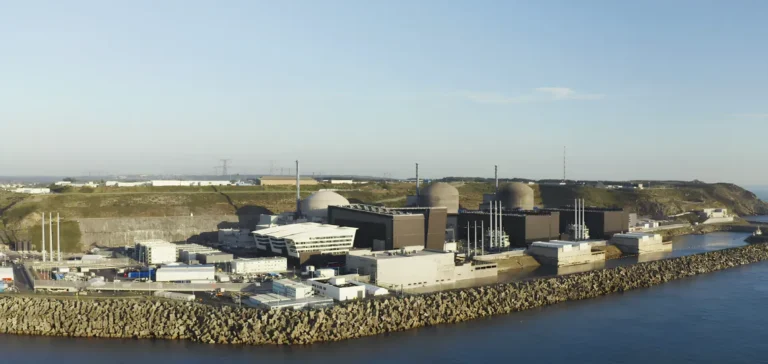The European Pressurized Reactor (EPR) at Flamanville will remain offline until August 13, following the decision by Électricité de France (EDF) to undertake detailed inspections of critical equipment in the cooling system.
Primary circuit valves concerned
EDF indicated that the prolonged shutdown would allow its technical teams to perform machining and detailed analysis of three valves located on a pressurizer, a crucial component of the primary main circuit. The primary circuit’s function is to continuously cool the nuclear reactor.
“We need to intervene on these components to assess them and potentially undertake technical work. That is why we are prolonging the outage,” an EDF spokesperson told Agence France-Presse (AFP) on July 2, confirming an earlier report by FranceInfo.
Tightness criteria under review
According to EDF, this operation addresses recent questions regarding compliance with tightness criteria of these components. “There were questions regarding tightness criteria on the valves. This is what we are currently inspecting to ensure that we respect the criteria and that everything is fully compliant,” the EDF spokesperson added.
Following the completion of technical work and required checks, EDF plans to resume preliminary tests prior to restarting the EPR. The energy operator will have to seek prior approval from the Nuclear Safety and Radiation Protection Authority (ASNR) to increase the reactor to 80% of its nominal power.
Schedule maintained despite delays
The original timetable aimed for a return to service on June 19, following a planned technical shutdown as part of operational testing related to increasing the reactor’s power. EDF previously stated that bringing the 57th French nuclear reactor fully online would be gradual, potentially necessitating up to a dozen planned maintenance outages and possible unscheduled interventions.
Connection to the national electricity grid occurred on December 21, 2024, after a delay of 12 years from the initial schedule.
EDF nonetheless maintains its target of reaching 100% nominal power before the end of summer 2025.






















